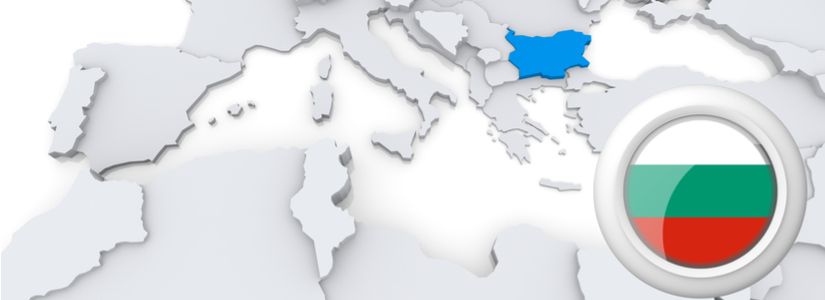Austria continued to stick to its position of voting against the admission of Bulgaria and Romania to the Schengen area on Thursday. In addition, the government does not accept an alternative option that the two countries will be admitted in the summer of 2023 – after meeting certain conditions – in the travel zone without border checks.
This was reported by the Vienna newspaper “Kleine Zeitung” with the publication of an interview with the spokesman of the Minister of the Interior, Gerhard Karner. He already announced last week the approval for Croatia to be a member from January 1, 2023 and his disapproval for Bulgaria and Romania.
On a morning TV show today, Karner dismissed media speculation that there had been a softening of the stance towards Romania. Separation from Bulgaria is impossible at the moment and there is no way to vote for only one of the two countries in this “package”.
For Vienna, the leading motive is the increased influx of migrants along the Balkan route – nearly 110,000 detained at the Austrian border this year. Of these, 40% took advantage of Serbia’s visa policy and arrived by plane in Belgrade to head to Central Europe, and the same number came through Turkey, Bulgaria and Serbia, with only a small part diverting to the Romanian-Hungarian border.
“We have the most asylum seekers per capita, so I have to sound the alarm,” the publication quoted the interior minister as saying.
His office denies linking the tough stance to local elections in Lower Austria on January 29, the province surrounding the Vienna metropolitan area (and second most populous after the capital) in which his Austrian People’s Party leads in popularity.
Meanwhile, during the EU-Western Balkans summit in Tirana, Austrian Chancellor Karl Nehammer commented on the topic.
“The Minister of the Interior has made it clear. There is no approval from Austria for the expansion with Bulgaria and Romania. More time is needed. We have 75 thousand unregistered illegal migrants in Austria. This means that they have crossed the external border of European Union and ended up in an internal country like Austria. We have to answer these security questions first,” said Nehammer.

